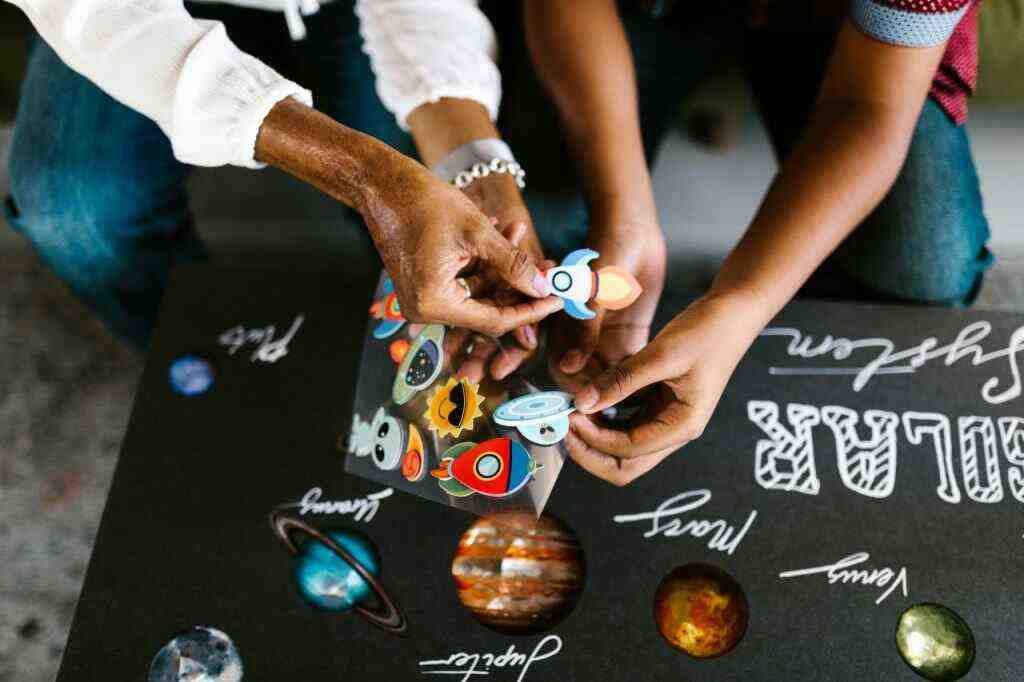Navigating Challenging Conversations and the Disbelief in Science
In our increasingly interconnected world, it’s not uncommon to engage in conversations with individuals holding diverse beliefs, including those firmly rooted in religious views. While these discussions can be enriching and enlightening, they can also veer into uncharted territory, particularly when scientific theories are introduced. It’s not uncommon to encounter individuals who abruptly declare, “I don’t believe in science,” effectively halting further exploration of the topic. Navigating such situations requires a delicate balance between fostering understanding and respecting differing viewpoints without compromising one’s own intellectual integrity.
Understanding the “I Don’t Believe in Science” Stance
It’s important to recognize that the statement “I don’t believe in science” often stems from a complex interplay of factors, including:
1. Perceived Credibility of the Source: The messenger can sometimes overshadow the message. If an individual distrusts the source of scientific information, they may dismiss the information entirely.
2. Social Group Influences: An individual’s social circles, family, and community can significantly influence their attitudes towards science. If these groups hold antiscience views, the individual may adopt them as well.
3. Contradictions with Personal Beliefs: Some religious beliefs may conflict with certain scientific theories, leading individuals to reject the latter to maintain cognitive consistency.
4. Misalignment of Delivery Methods: The way scientific information is presented can impact its reception. If the information is conveyed in a condescending or overly technical manner, it may alienate individuals who feel excluded or intimidated.
Strategies for Engaging in Productive Discussions
Despite the challenges, it is possible to engage in productive conversations with individuals who hold differing views on science. Here are some strategies to consider:
1. Maintain Open-mindedness and Seek Common Ground: Approach the conversation with a genuine desire to understand the other person’s perspective. Try to identify areas of common ground, such as shared values or concerns, to build a foundation for further discussion.
2. Acknowledge the Limitations of Science: While science is a powerful tool for understanding the natural world, it’s essential to acknowledge its limitations. Science cannot answer all questions, and it is constantly evolving as new knowledge is gained.
3. Employ Evidence-based Strategies: When presenting scientific information, focus on providing evidence and data that support your claims. Avoid relying solely on personal anecdotes or opinions, as these may not be persuasive to someone who is skeptical of science.
4. Be Respectful and Non-confrontational: Engaging in respectful dialogue is crucial. Avoid becoming confrontational or argumentative, as this will likely escalate tensions and hinder productive communication.
5. Recognize When to Disengage: Sometimes, it may be necessary to disengage from a conversation if it becomes unproductive or disrespectful. It’s important to prioritize self-care and avoid situations that may cause distress or harm.
Conclusion: Fostering Understanding and Respect
Navigating conversations with individuals who hold differing views on science can be challenging, but it is possible to foster understanding and respect through open-mindedness, empathy, and evidence-based communication. By acknowledging the complexities of antiscience attitudes and employing effective strategies, we can engage in meaningful dialogues that promote tolerance and acceptance. Remember, the goal is not necessarily to change someone’s beliefs but to create a space for respectful exchange and mutual understanding.
